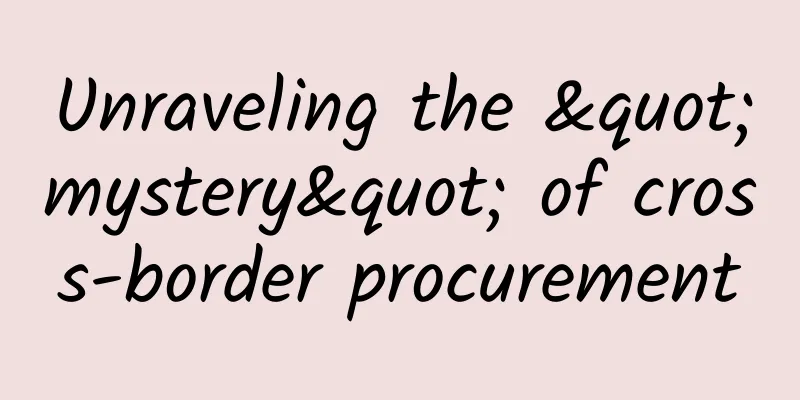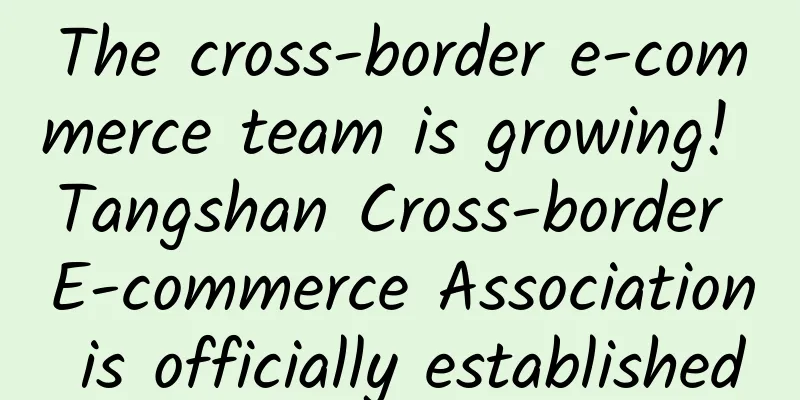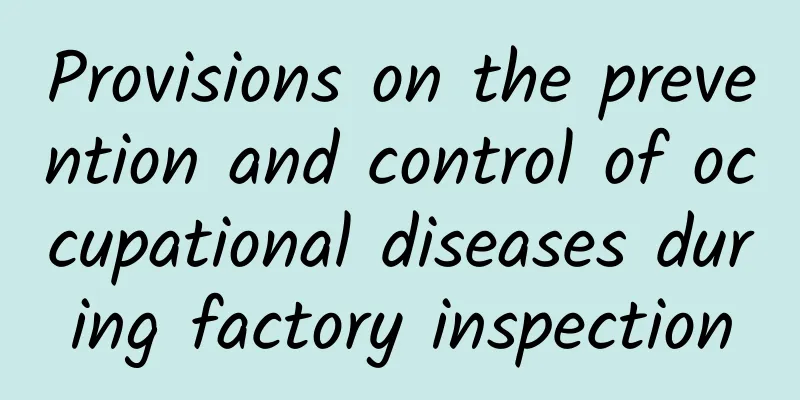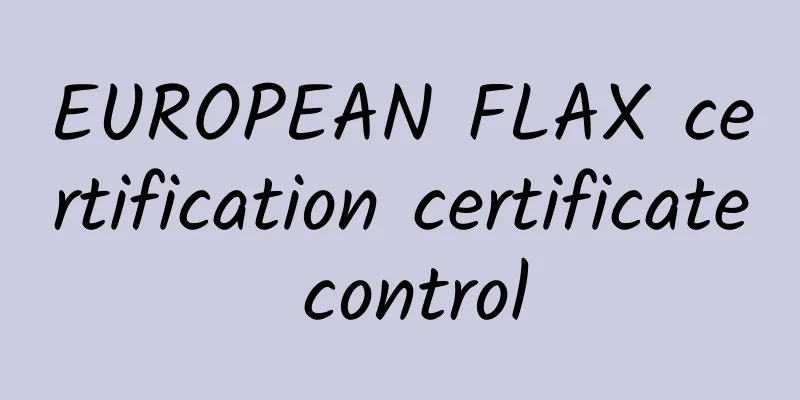Unraveling the "mystery" of cross-border procurement

|
At the 2003 Cross-Border Procurement Fair (Shanghai, China), a paper product manufacturer in Hangzhou finally reached a preliminary agreement with Wal-Mart for the first transaction of 20 million paper cups. A few days later, Wal-Mart unilaterally cancelled the supply agreement. The reason was that the toilet environment of the company did not meet the standards of Wal-Mart suppliers. In September 2003, a shoe factory with about 500 employees in Zhongshan City, Guangdong Province was suspended for two months by its customers for rectification because it did not meet the minimum wage standard stipulated by local laws. At the end of 2003, a glove manufacturer in Shanghai that had passed various product quality certifications failed to pass the factory inspection of a well-known retail company because it did not comply with the provisions of the Labor Law regarding maternity leave for female workers. More and more suppliers have found that buyers' "tastes" seem to be getting higher and higher. In addition to product quality, technical content, company size, and logistics level as necessary conditions for selection, requirements such as workers' rights, internal company environment, and protection of the social environment have also become part of the assessment, and the test question is "social responsibility standards." It is estimated that since 1995, at least 8,000 factories in my country's coastal areas have undergone social responsibility audits by multinational corporations. Some companies have received more orders due to their good performance, while some factories have been disqualified as suppliers because they have no sincerity in improving. Social responsibility standards have become a new trade barrier. Countless suppliers have stumbled over the "toilet problem". As a result, many companies have come up with SA8000, the highest level of corporate ethics standards. SA8000 is the world's first social ethics responsibility standard and is another important new international standard for regulating the social ethics of corporate organizations after ISO9000 and ISO14000. It requires companies or organizations to take the initiative to assume responsibility for the environment, society and stakeholders while making profits. |
>>: How can we conduct repeated factory inspections with different standards?
Recommend
What is Easelly? How to use Easelly?
Easelly is a free cloud-based presentation data c...
eBay product selection: simple application of watcheditem in product selection
watcheditem is a website with the URL: http://www...
EICC Certification Reminders Information on Identifying Child Labor Issues
During the summer vacation season, the efforts to ...
OHSAS18001 basic safety knowledge
OHSAS18001 basic safety knowledge Electric shock ...
What are the total number of eBay sites? What are the eBay sites in Europe?
What are the total number of eBay sites? eBay was...
What is Baohong Shares? What services does Baohong Shares provide?
Shenzhen Baohong E-commerce Integrated Service Co...
[eBay Newbies] What are eBay’s free relisting rules?
1. What are eBay’s free relisting rules? Generall...
What are eBay Daily Deals? What are the requirements for Daily Deals?
Daily Deals is commonly known as the "second...
What is limango? What are the characteristics of limango?
What is limango? Limango is one of the most famou...
Haitong Foods has all the ways to go overseas
"Food safety is of paramount importance. As ...
Common equipment safety issues and solutions for BSCI factory inspection (VI) Risk of injury to personnel due to too large fan spacing
Problem phenomenon: The fan spacing is too large,...
BSCI certification related documents and evidence
BSCI certification document evidence 1. Does the ...
When is the best time to list on eBay US? How much does it cost to open a store on eBay US?
When is the best time to list on eBay US? eBay in...
The three main points of the relationship system of ISO14001 certification standard
The relationship system of ISO14001 certification ...
What are the regulations on fire extinguishers in IKEA's anti-terrorism factory inspection?
IKEA's anti-terrorism factory inspection has ...









